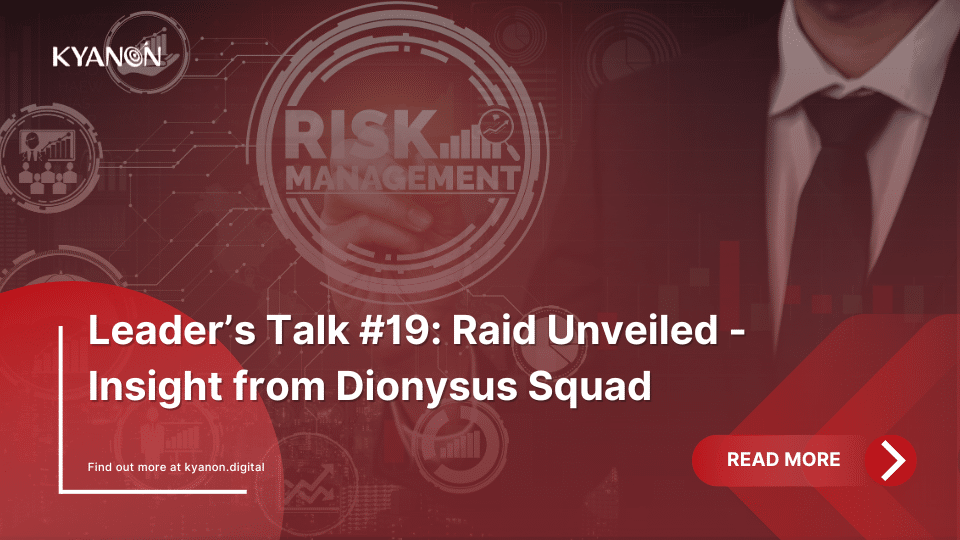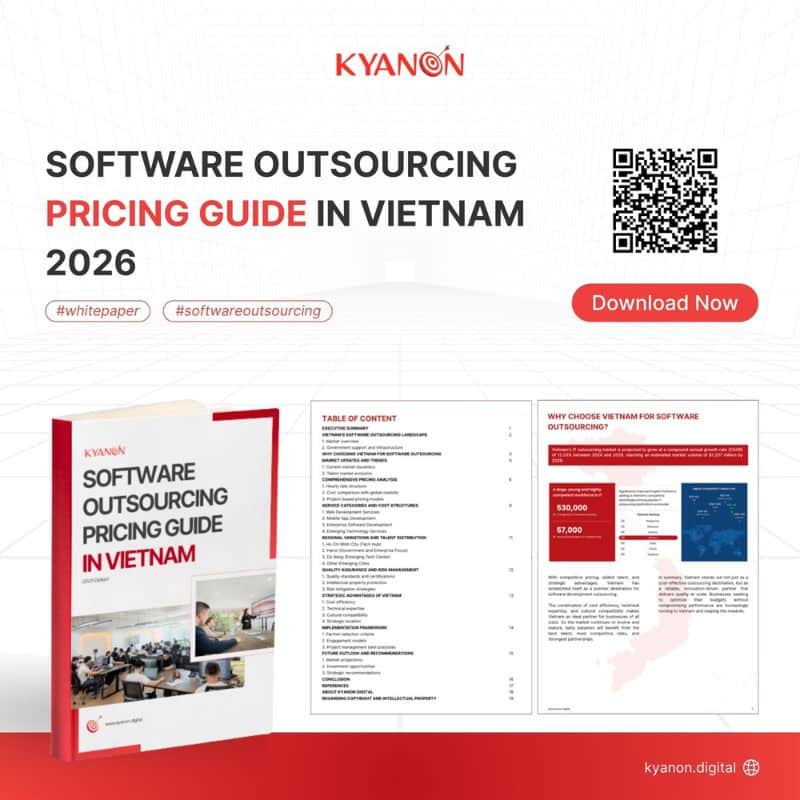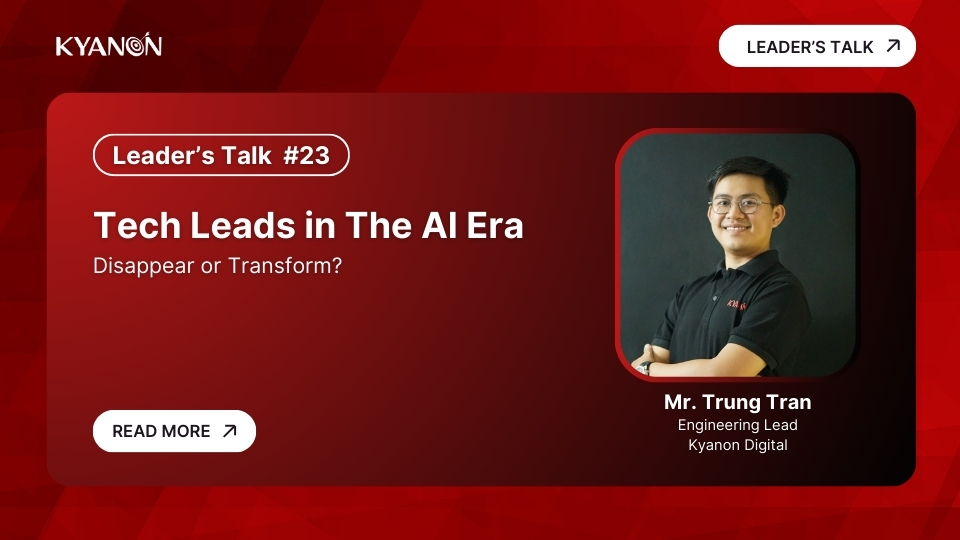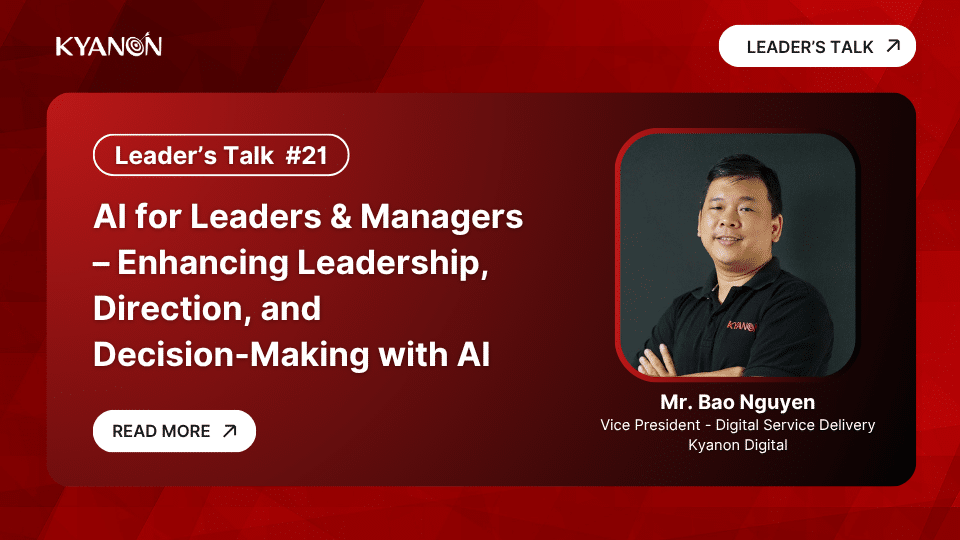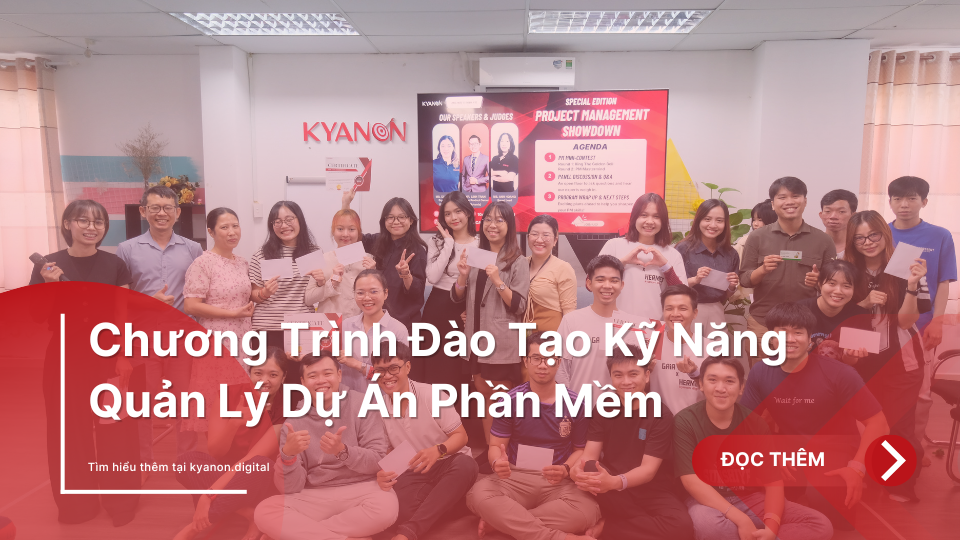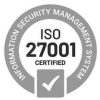Introduction
At Leader’s Talk #19, members from Squad Dionysus at Kyanon Digital shared practical insights on risk management in projects through the use of RAID Logs. Rather than focusing purely on theory, the session dived into real-world scenarios and challenges faced during project execution. Together, participants reflected on obstacles, discussed resolution approaches, and explored ways to enhance process effectiveness moving forward.
Key Insights: Managing Risks Effectively in Projects
Why Risk Management Matters
- Early Identification of Potential Issues: By forecasting risks before they materialize, teams can shift from reactive troubleshooting to proactive planning.
- More Informed Decision-Making: Understanding risks and their impacts enables better trade-off decisions between cost, time, and quality, increasing project agility and resilience.
- Building Stakeholder Confidence: Transparent, well-documented risk management processes—such as addressing resource risks—demonstrate professionalism and readiness, fostering stronger client and partner trust.
- Protecting Resources and Reputation: By minimizing costly rework and maintaining quality and timelines, effective risk management preserves both financial resources and organizational reputation.
Common Project Risks
| Risk Type | Description |
|---|---|
| Scope Creep | Uncontrolled expansion of project scope without formal change approval. |
| Resource Constraints | Shortages in personnel, finances, or technology needed for execution. |
| Technical Complexity | Challenges from complex systems or unproven technologies. |
| Communication Breakdowns | Misunderstandings or unclear information flow between stakeholders. |
| Dependencies | Overreliance on third parties, causing delays or misalignment. |
| Budget Overruns | Unexpected costs from inaccurate estimates or unforeseen issues. |
| Schedule Delays | Project timeline disruptions due to internal or external factors. |
Understanding RAID
- R – Risk: Events that could negatively impact the project if they occur.
- A – Assumption: Beliefs accepted as true for planning but not yet verified.
- I – Issue: Existing problems affecting the project that require immediate action.
- D – Dependency: Tasks reliant on external parties or groups to proceed.
Example: An assumption that a third party will deliver APIs within one month could turn into an issue if delayed, causing project slippage.
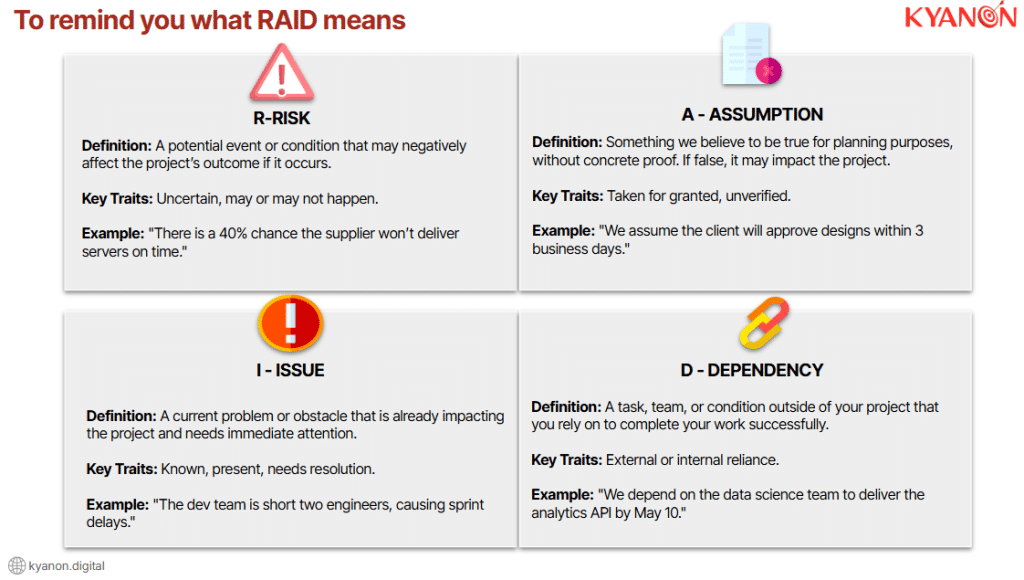
Benefits of Using a RAID Log
- Proactive Risk and Issue Management: Identify and address problems early, reducing last-minute surprises.
- Clarification of Assumptions: Avoid misunderstandings by recording and verifying assumptions with stakeholders.
- Better Coordination Across Teams: Track interdependencies to improve scheduling and collaboration between departments.
- Increased Transparency and Accountability: Clear visibility of project risks and ownership encourages responsibility and proactive engagement.
The Four Essential RAID Log Activities
- Identification: Capture all Risks, Assumptions, Issues, and Dependencies.
- Analysis: Assess the impact, likelihood, and urgency to prioritize effectively.
- Mitigation: Develop contingency plans or corrective actions.
- Action: Assign ownership and follow through on mitigation strategies.
Transform your ideas into reality with our services. Get started today!
Our team will contact you within 24 hours.
Conclusion
Leader’s Talk #19 highlighted the critical role of RAID Logs in project risk management, offering not only theoretical foundations but also practical, real-world applications. By adopting RAID methodologies, teams can manage uncertainty more effectively, improve collaboration, and ensure project success.
We look forward to future Leader’s Talk sessions, where we will continue exploring actionable strategies and leadership insights to drive excellence in project delivery.

